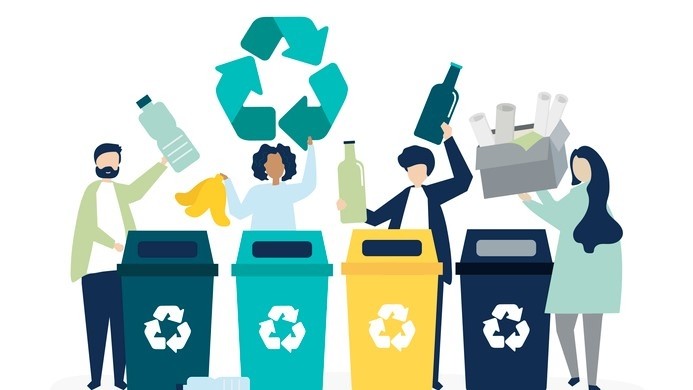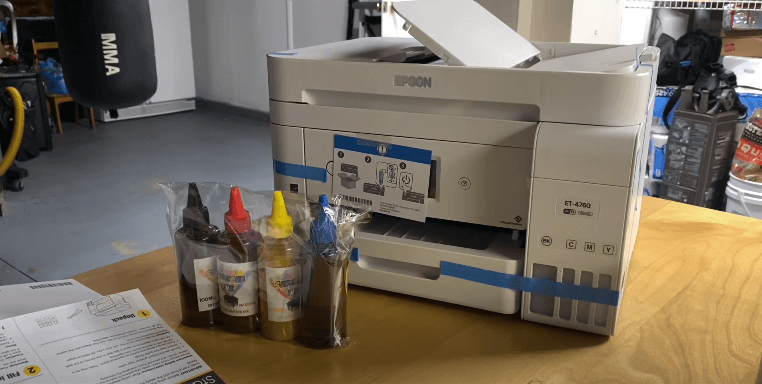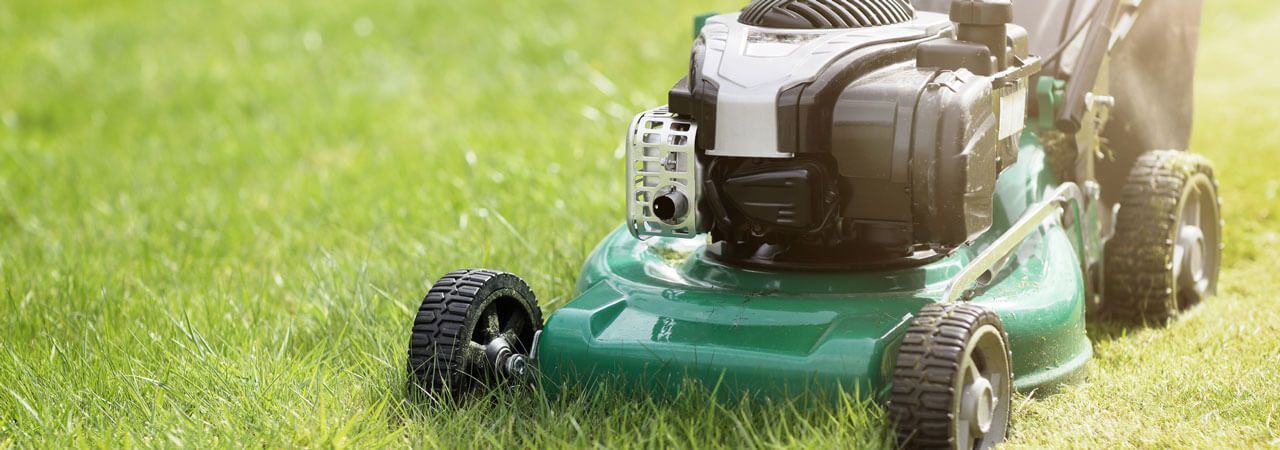Introduction:
In our fast-paced modern world, the production of waste has reached alarming levels. From disposable packaging to single-use products, our daily consumption habits contribute significantly to environmental pollution and degradation. However, a simple yet effective solution lies within our grasp – recycling. By taking the initiative to recycle our daily waste, we can make a positive impact on the planet and preserve its resources for future generations. In this article, we will explore practical ways to recycle various types of daily waste.1. Understand What Can Be Recycled: Before you embark on your recycling journey, it's crucial to familiarize yourself with what items are recyclable in your local area. The recycling capabilities may vary from region to region, so check with your municipality or waste management company for specific guidelines. Commonly recyclable items include paper, cardboard, glass bottles, aluminum cans, plastic containers, and certain types of electronics.
2. Segregate Your Waste: A fundamental step in recycling is proper waste segregation. Set up separate bins for different types of waste materials, making it easier to sort them later. Label each bin clearly to avoid confusion and encourage everyone in your household or workplace to participate in the recycling process.
3. Paper and Cardboard: Paper waste is one of the most common types generated daily. Ensure that you recycle newspapers, magazines, office paper, cardboard boxes, and other paper products. Before placing them in the recycling bin, remove any non-paper elements, such as plastic windows or metal clips.
4. Plastic Waste: Plastic is a major environmental concern, given its non-biodegradable nature. Look for recycling symbols on plastic containers, usually indicated by a number from 1 to 7 inside a triangular arrow symbol. Not all types of plastic are recyclable, so check your local guidelines. Commonly recyclable plastics include PET (water bottles), HDPE (milk jugs), and LDPE (plastic bags). Clean and empty the containers before recycling to avoid contamination.
5. Glass and Metal: Glass bottles and jars, as well as aluminum and steel cans, are valuable recyclable materials. Rinse them thoroughly to remove any remaining contents before recycling. Glass and metal recycling help reduce energy consumption and save resources that would otherwise be used to produce new items from raw materials.
6. Organic Waste and Composting: Instead of throwing away kitchen scraps and yard waste, consider composting. Organic waste, such as vegetable peels, coffee grounds, and yard trimmings, can be composted to create nutrient-rich soil for gardening. Composting not only reduces waste but also promotes sustainable agriculture and helps mitigate greenhouse gas emissions in landfills.
7. Electronic Waste (E-waste): Electronics have become an integral part of modern life, but they can be challenging to recycle due to their complex components. However, recycling e-waste is crucial to prevent hazardous materials from leaching into the environment. Many communities have specialized e-waste recycling programs or drop-off points. Dispose of old phones, computers, and other electronic devices responsibly through these channels.
8. Avoiding Contamination: Contamination can render recyclable materials non-recyclable. Make sure to clean containers before recycling them, as dirty items can contaminate entire batches of recyclables. Additionally, avoid placing non-recyclable items, such as food-soiled materials or hazardous waste, in recycling bins.
9. Educate and Spread Awareness: One person's efforts can create a ripple effect. Educate your friends, family, and colleagues about the importance of recycling and its positive impact on the environment. Encourage them to adopt recycling practices in their daily lives as well.
10. Opt for Reusable Alternatives: While recycling is essential, reducing waste at the source is even better. Opt for reusable alternatives whenever possible. Invest in reusable water bottles, shopping bags, and containers to decrease your reliance on single-use items.





